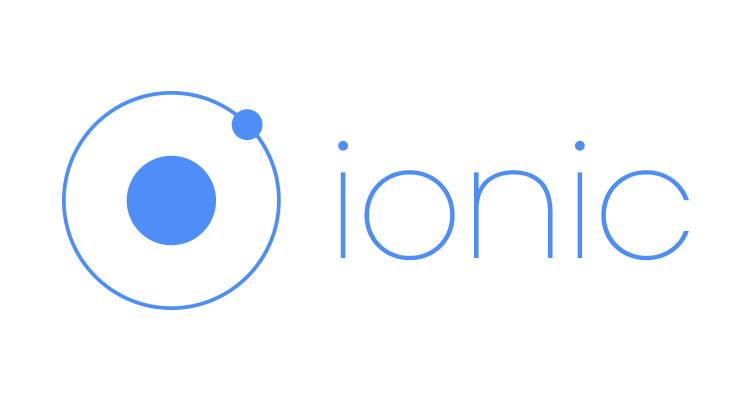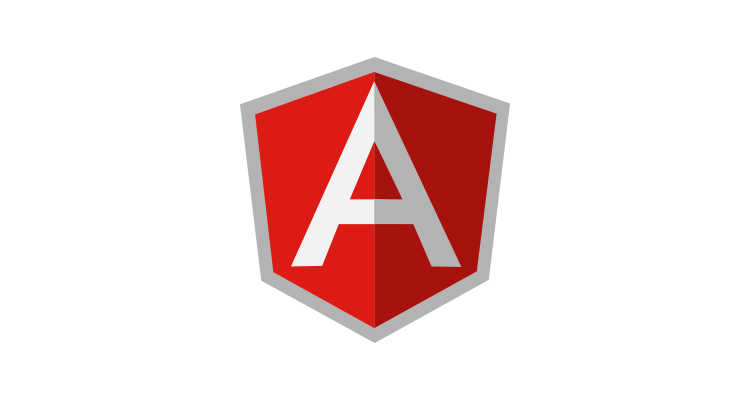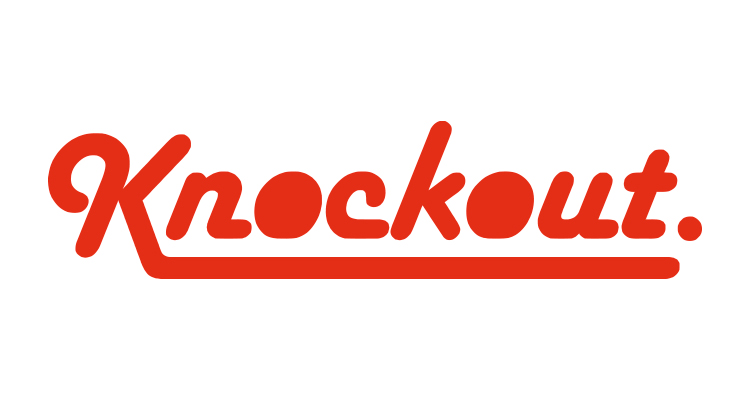Progressive Web Apps (PWA) have emerged as the next big promise for all those who want to combine the power of web and mobile to widen their reach and make their digital presence more accessible to the users. With such a huge promise the hype and buzz around progressive web apps are really not ungrounded, but a deserving one. Just by turning your app to a PWA, you can not just boost new user acquisition but also can retain and engage them longer than ever before.
Let’s have a quick look at the key advantages of Progressive Web Apps or PWA for hybrid app development.
- Unmatched Speed: PWA responds to user inputs with lightning-fast pace and loads within a fraction of a second.
- App-like Native Experience: PWA behaves like a fully native app allowing smooth and seamless user interaction.
- Cross-platform and Cross-device: PWA offers a fully responsive design and capability to deliver similar user experience across all platforms and gadgets.
- Highly Secure: Equipped with inbuilt HTTPS protocol PWA doesn’t allow any security loopholes or vulnerabilities.
PWA as the technology bringing the best of the web and mobile together offers so much to the user experience that no business can undermine its importance. Now, if you want to embrace a PWA strategy for your business, here are 7 frameworks and tools for building progressive web apps.
Ionic
Unveiled as an open-source SDK just a few years ago, Ionic has emerged as a great front end framework for app developers across the niches. Built upon Apache Cordova and Angular framework it offers a huge library of prebuilt components for developing both iOS and Android apps. Ionic which has already been used across millions of app development projects successfully can be leveraged for building web pages that behave much like the native mobile apps. The web pages built with Ionic can run on a web browser with the help of WebView.
Some of the key benefits of Ionic development that make it popular as a specialised framework for building PWA include the following.
- Ionic offers a great cost advantage as a fully open-source and free framework.
- Ionic offers a very low learning curve and allows for faster development.
- Ionic is easy to maintain the framework as it comes with a built-in browser instrument.
- Ionic developer gets a huge plug-in library to access most of the useful APIs.
Polymer
Polymer is a completely open-source framework built by Google for developing progressive web apps. Built and maintained by Google Polymer offers a whole array of useful templates, a plethora of tools and ready to use components for easy and fast-paced development of PWAs. By using modern web languages like HTML and JavaScript it offers everything you need for modern web and mobile experience.
Some of the key advantages of Polymer include the following.
- Polymer comes with robust stack support including router, data tier, and responsive layouts.
- It offers extensive documentation.
- Offers easily comprehensible APIs.
- Comes packed with a range of useful components for different browsers.
React
React is the framework which is widely known for its component-based development approach. Allowing JavaScript-based UI development with high reusability for different platforms, it easily fits the bill for progressive web app development.
Here are key advantages of React for building PWA.
- React offers reusable JavaScript-based components which make it ideal for responsive development across platforms.
- It enjoys formidable support of Facebook along with its global users and developer base.
- Gain the advantage of React Native’s foundation to port your PWA to native apps.
Angular
Angular is another important and popular PWA framework with an array of advantages. Any Angular Development Company enjoys this framework for its unique and robust JavaScript ecosystem that allows fast-paced development of highly responsive and performance-focused applications across the platforms.
Some of the key benefits of AngularJS for PWA development include the following.
- Robust developer community
- Well articulated documentation
- Angular is an MVC framework
- It comes packed with IntelliSense and Typescript
Vuejs
When you want to opt for a lean library with fast-paced development advantages you can easily count on VueJS. allowing great scalability and high-speed rendering Vue has become one of the stunning success stories for building responsive, hybrid and cross-platform development.
Some of the key qualities and benefits that set Vue aside from others include the following.
- VueJS has the support of Laravel.
- VueJS offers an unmatched simplicity in coding and this drastically reduces the learning curve.
- It is a lean and low-footprint framework with simple architecture.
- It ensures speedier rendering with Virtual DOM.
- Setting up is extremely easy with TypeScript and JSX.
Webpack
Webpack is a key tool for building a highly customised Progressive Web App. If you want to build a more complex PWA with a lot of focus on the front end attributes, this one comes as the ideal toolset.
Let’s have a quick look at the key advantages of Webpack for PWA development.
- It comes as a module bundler to help you bundle a gamut of JavaScript resources including even all non-code assets like fonts, CSS, images, and others. When these assets are treated as JavaScript objects, the load time gets faster.
- Webpack also makes it simple for creating dependency graphs. With Webpack you can manage all the dependencies in a much easier and streamlined manner.
Knockout
If you are going to build a really lightweight, feature-rich PWA with high-performance standard, then Knockout is the framework you should opt for. From offering a lean and lightweight library with loads of useful features to the flexibility of injecting an existing library easily into an existing website to a temp laying feature for faster development, you have everything you need for building a PWA.
Some of the key advantages of the Knockout framework include the following.
- It offers a very low learning curve.
- Easy to inject the powerful library into the existing library and incorporate features.
- Allows templating to help to build complex and feature-rich apps at a faster pace.
- Because of working on JavaScript the app becomes accessible across all browsers.
- It is a great framework for allowing MVVM bindings with HTML and JavaScript.
- It helps you extend your HTML code.
- Comes loaded with an array of pre-developed components to make the development process further easier.
Do you want to build a progressive web app that fulfills your dream of delivering a comprehensive mobile web experience tuned to the highest UX standard? If you have not yet made up your mind regarding the tools and frameworks you will be needing, let our experts guide you to find the right tool based upon your project requirements. Feel free to drop us a message.














